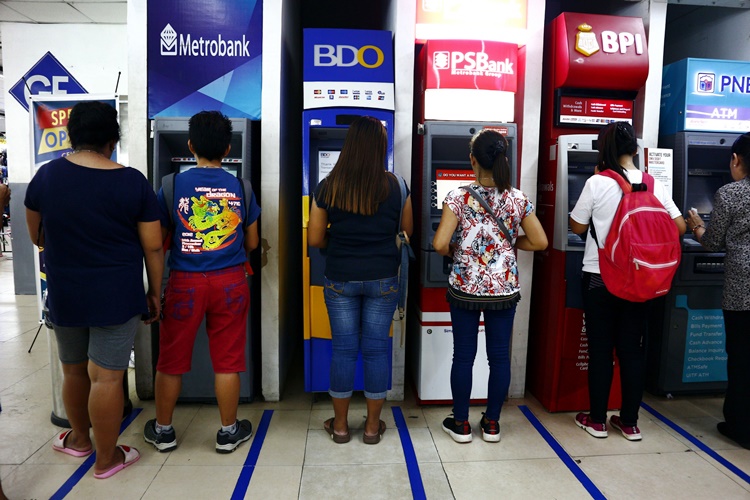Setting up an emergency fund is a financial safety net that will help you during emergencies or any need for unexpected expenses.
An emergency fund is cash set aside as a financial safety net intended for emergencies or any unexpected expenses. This money will allow you to stay calm if something bad happens, like when you get sick and need hospitalization. It will also enable you to live comfortably even if you lose your job or experience major changes in your life. For breadwinners, It must be set aside first before considering other investment options.
How much should I set aside for a contingency budget?
The amount of your emergency fund depends on your living expenses. It varies due to a person’s income, lifestyle, dependents, and other monthly costs. As a general rule, it should be at least three to six months worth of expenses. However, when Corona disease happens, the 3-6 month contingency fund is not enough. At least a one-year reserve for expenditures is now a better option.
Where can I save my emergency fund?

It should be kept in mind that an emergency fund should be highly accessible and liquid. Moneymax has listed the venues where not to put your emergency fund. Keeping it at home, investing in stocks or life insurance, and similar financial instruments is not recommended. The best way to keep it is through a bank savings account. It should be separated from your other current accounts to prevent you from utilizing it due to impulsive purchases.
How do I build my emergency fund?
There are numerous ways to build an emergency fund. Here are the basic steps:
- Begin by making a budget. Check your cash flow and determine your average monthly expenses. Allot a specific amount to set aside. Most experts recommend the 10-20-70 budgeting rule. 10% of your monthly salary goes to church or charitable institutions, 20% is for savings and investments, and 70% is for monthly expenses.
- Save regularly. Make a commitment to follow the regular habit of saving regularly. Focus on your goals and develop discipline.
- Evaluate and adjust accordingly. Income and expenses change over time. When this happens, make a periodic and consistent assessment of your cash flow. Be flexible when upgrading or adjusting your emergency budget.

Setting up an emergency fund is a good foundation for personal finance. It prepares you for life’s unforeseeable events. No one can be certain what will happen in the future. Whether it’s bad or good, at least having an emergency fund can cushion unexpected expenses.
